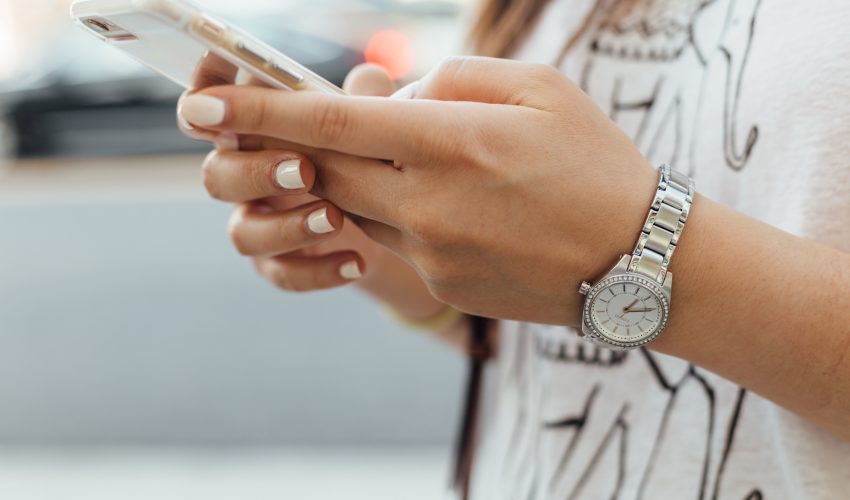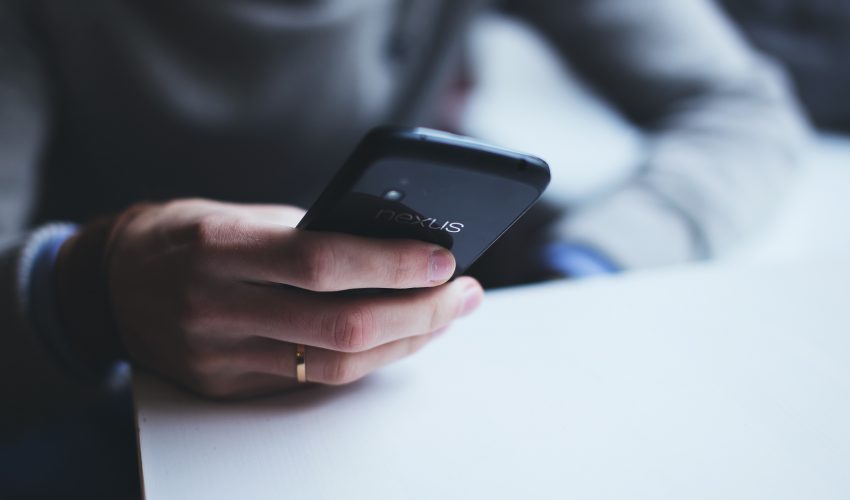June 16, 2020
Today, the Federal Communications Commission (FCC) voted unanimously to designate 988 as the new three-digit suicide hotline.
Currently, callers can reach the hotline at 1-800-273-8255 (TALK). With the FCC’s ruling, service providers will have a two-year transition period, with implementation of the three-digit hotline to be finalized by July 16, 2022. During this transition, all crisis calls to the hotline should continue to be directed to the current, 10-digit number. After the transition is completed, callers will still be able to reach the hotline by calling the 10-digit number.
The designation of the three-digit hotline comes at a time when it is needed most. Suicide is the 10th leading cause of death in the United States, according to the Centers for Disease Control and Prevention. In Utah, suicide is the 7th leading cause of death, putting Utah with the 6th highest rate of suicide in the nation.
The idea for a three-digit suicide prevention hotline was first conceived right here in Utah. Utah Senator Dan Thatcher first proposed the idea for a three-digit suicide prevention line in 2012, but it didn’t gain traction in the Legislature at that time. Senator Thatcher partnered with the Utah Attorney General Sean D. Reyes, Wade Farraway, Missy Larsen, and others at the Utah Attorney General’s Office in 2014. The group started the SafeUT app as a way to reach Utahns in crisis while still campaigning for the three-digit number. In 2017, the group enlisted the help of Rep. Chris Stewart and Sen. Orrin Hatch, who presented the idea on the federal level. This has led to the designation of the three-digit number 988.
We are grateful for our partners for working diligently with the Utah Attorney General’s Office to get a three-digit crisis line off the ground and to the FCC for prioritizing suicide prevention.
If you or someone you know is struggling and/or having thoughts of suicide, please reach out. Call the National Suicide Prevention Lifeline at 1-800-273-TALK (8255), text the Crisis Text Line (text HELLO to 741741), or message a trained crisis counselor through the SafeUT app. These support lines are available 24/7, 365 days a year.
Read the FCC’s press release here.





